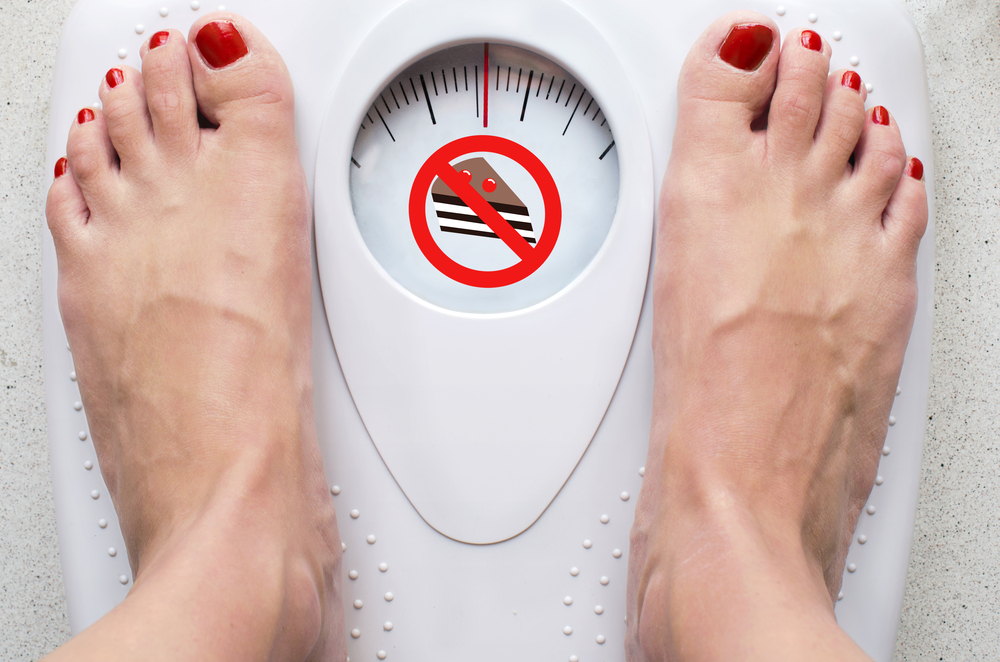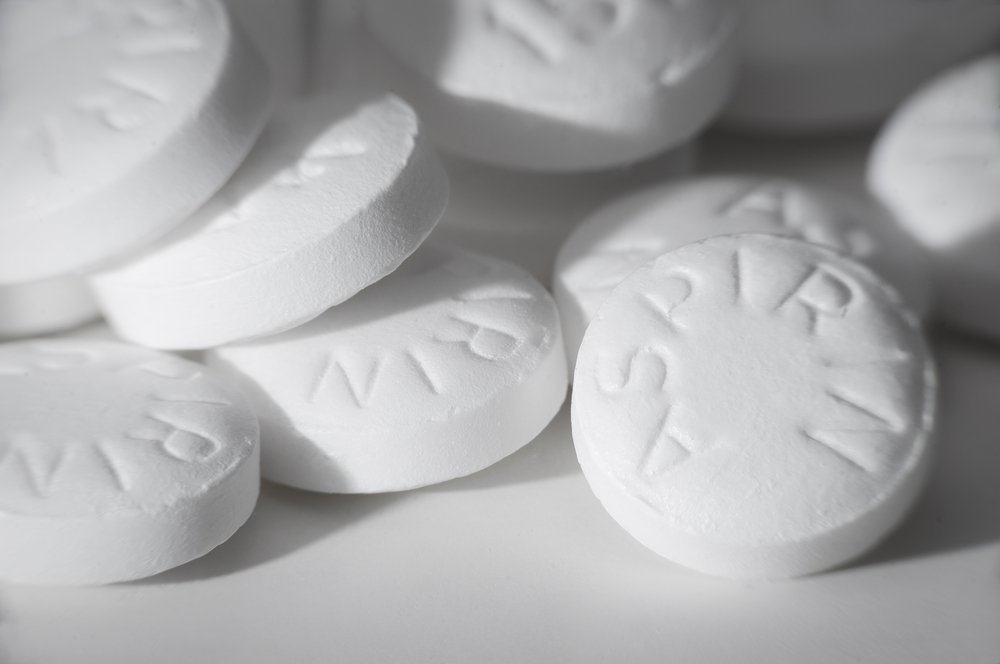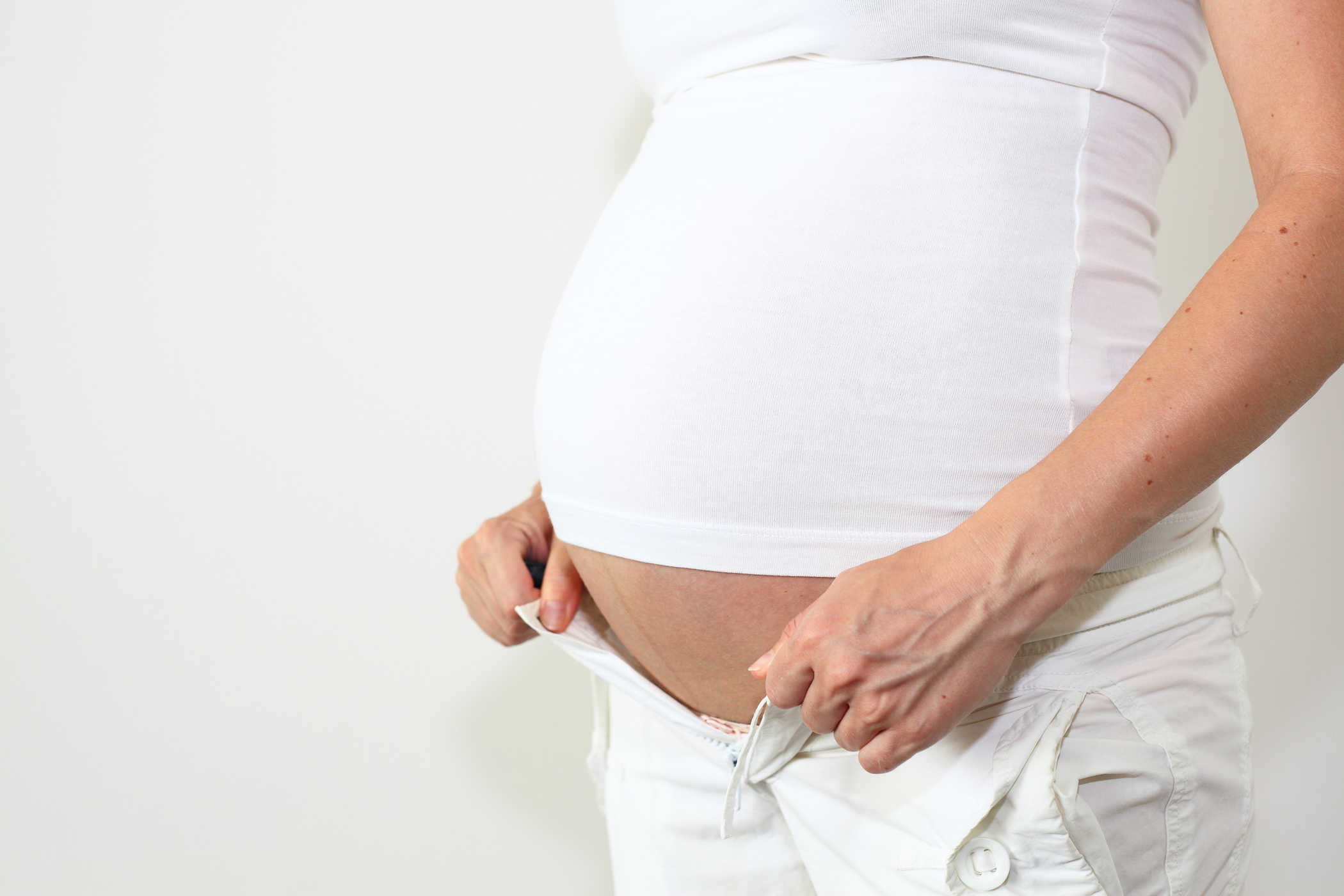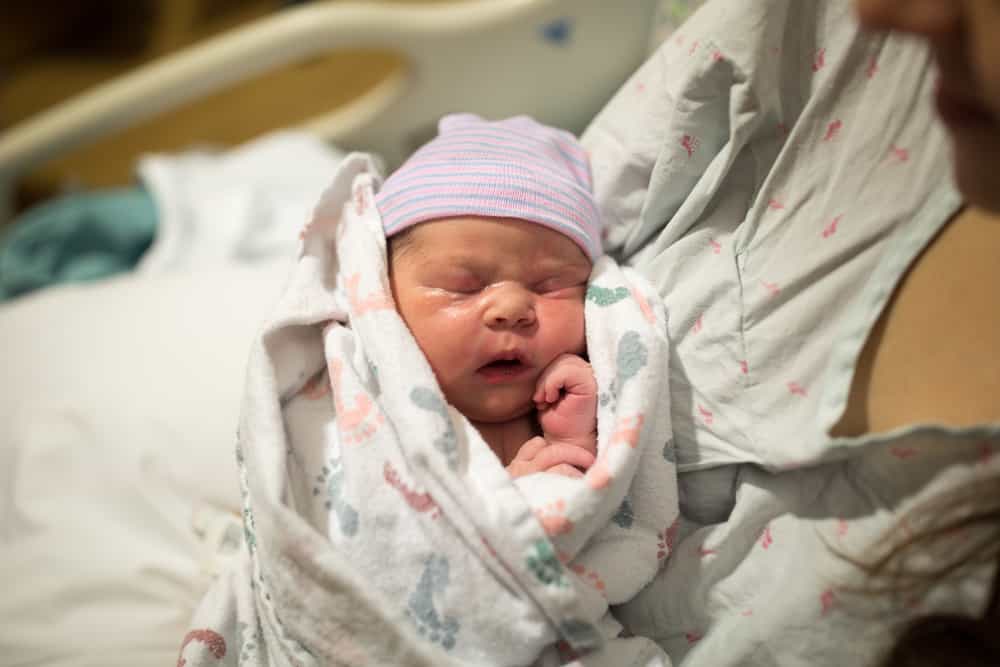Contents:
- Medical Video: 5 common signs of Blood Clots
- Various symptoms of blood clots in the body
- If clumping occurs in ...
- Brain
- Stomach
- Kidney
- When should I see a doctor?
Medical Video: 5 common signs of Blood Clots
Blood clots are generally needed so the wound can heal quickly. However, blood clots can occur in a place that should not be due to foreign substances or particles that prevent blood from flowing normally or freezing properly. Blood clots can also occur due to interference with the blood clotting process or a problem with the venous valve so that blood clots in the middle of the journey back to the heart. Blood clots can be fatal. So, recognize the symptoms of blood clots as early as possible.
Various symptoms of blood clots in the body
Blood clots can happen to anyone. However, there are some people who are prone to blood clots, such as overweight, smokers, pregnant women, and other conditions.
In general, blood clots show no significant symptoms. But it's better to be aware of the various signs below.
If clumping occurs in ...
Arms and legs
Reporting from WebMD, the arms and legs are the most common parts of the body that experience blood clots called deep vein thrombosis (DVT). This condition is very dangerous because it blocks blood flow back to the lungs and heart. Common symptoms of DVT include:
- Swollen legs or arms
- Legs or arms that have blood clots will change color, visible red or blue tinge
- Swollen limbs when touched will feel warm, itchy, and very painful. This indicates that the condition of the blood clot has worsened.
- Difficulty breathing. When this happens, blood clots have moved from the arm or leg to your lungs. Coughing may occur, even coughing up blood, chest pain and headache.
Heart
Blood clots that occur in the heart's blood vessels can cause a heart attack. This condition is rare, but it still needs to be watched out. Possible symptoms include:
- Severe pain in the blood and arms
- Keep sweating for no reason
- Difficulty breathing
Lungs
Blood clots that occur in the arm or leg if it gets worse will also occur in the lungs. This condition is called pulmonary embolism and is very dangerous. Symptoms that include it, such as:
- Difficulty breathing with coughing
- The chest hurts
- Sweating often
- The head feels dizzy
Brain
Blood clots that occur in the brain are usually caused by fat deposits in the walls of blood vessels that carry blood to the brain. This can also occur if the head experiences a blow that causes a concussion. Blood clots in the brain can cause strokes if not treated immediately. Symptoms of blood clots in the brain include:
- Problems with vision and speech
- Seizures
- The body feels weak
- Severe headache
Stomach
Blood clots can occur in blood vessels that drain blood back from the intestine to the heart. Usually caused by side effects of using birth control pills or diverticulitis. The symptoms include it, such as:
- Nausea and vomiting
- Severe pain in the stomach that worsens after you eat
- Diarrhea
- Bloody stool
- The sensation of the abdomen swells
Kidney
This blood clot can cause high blood pressure and even kidney failure. Symptoms that occur include:
- Nausea and vomiting
- Pain in the side of the abdomen, legs or thighs
- Fese is bleeding
- Feet swell
- Difficulty breathing
- Fever
When should I see a doctor?
Immediately go to the doctor to see if you experience one or more of the symptoms above. Afterwards, the doctor can determine the diagnosis of whether your complaint is caused by symptoms of blood clots or because of other underlying conditions. The sooner you get a diagnosis, the faster and more effective treatment.













